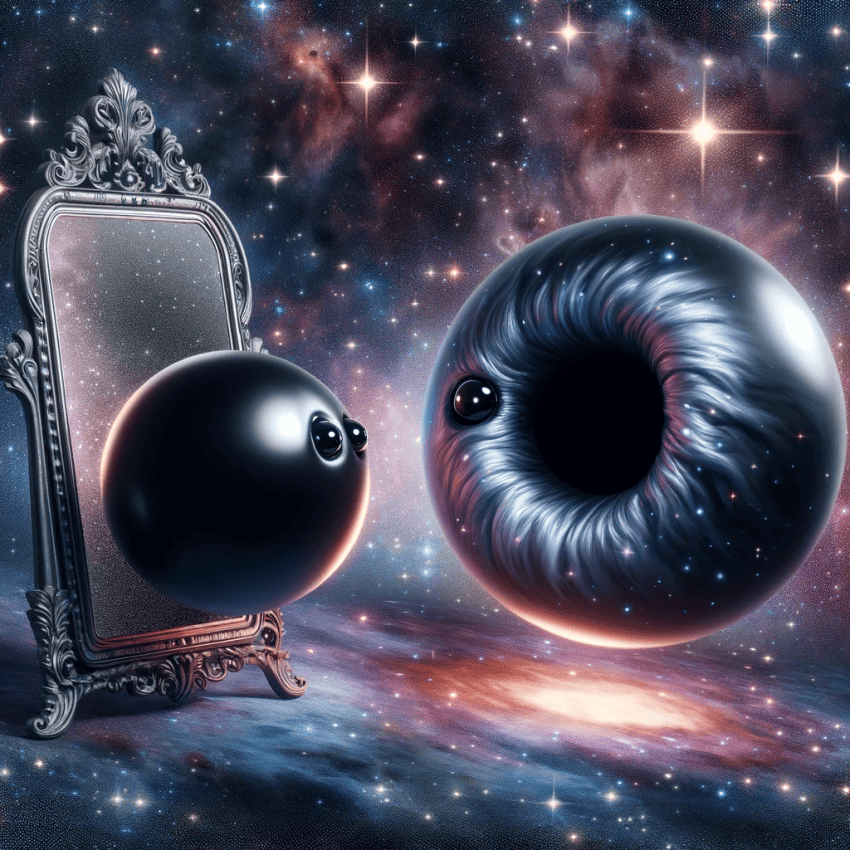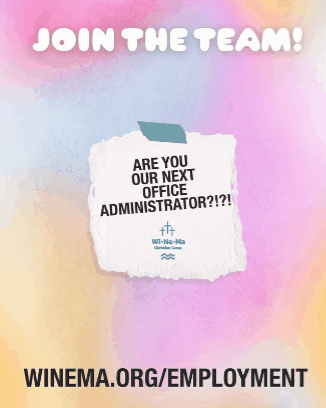Social media has crept into every corner of society. But it’s more than the obvious platforms that people post their vanity pics and FOMO bait upon. It’s how you apply for work – you know, the thing most people need to do to survive. When was the last time you applied to a job and didn’t login with your Gmail, your Facebook, or your LinkedIn?
So instead of being a thing you can choose or reject, it’s essentially required in order to participate in contemporary society. If you don’t, you’re an outlier, a weirdo, and not worthy of a wide variety of jobs. Setting aside the obvious discrimination against people with Hotmail, Yahoo, and AOL email accounts (yes this is a real thing), if your Facebook doesn’t have the “right kind of people” you’ll be rejected outright for most opportunities.
Although regulation can prevent formal discrimination in this way, people hire people who are like them. Most people under the age of 40 base their entire personalities on a digital life that makes people behave in the worst possible way. Ostracizing those that are different, saying inflammatory comments for engagement, and spending all day “discussing” the topic du-jour.
These platforms promise connection, yet they often leave us grappling with feelings of isolation and an insatiable fear of missing out (FOMO). As the article “Monetizing Social Media: Exploring the Economic Dimensions” (Hindawi, 2022) highlights, “[…] the constant comparison and FOMO culture perpetuated by social media can have adverse effects on mental health.”
But you know that already in the way you feel after you use these platforms. Do you feel better after you spend any amount of significant time on any social media platform? Do you enjoy commenting on the posts of total strangers to try to make a connection with people who are getting paid to be there?
Are you learning something (I sure hope so!) or are you consuming it mindlessly in the way that older generations put the TV on in the background?
Social media platforms are not just virtual gathering spaces; they are thriving businesses. Algorithms are fine-tuned to capture our attention, while targeted ads cater to our insecurities. In the pursuit of profit, these platforms astutely capitalize on our desire to fit in and be part of a trend.
According to research in the article “The Commercialization of Online Friendships” (Springer, 2022), “Social media platforms have mastered the art of monetizing users’ desire for social validation.”
Friendship, once personal and meaningful, has become a commodity in the digital realm. As highlighted in the same Springer article, “Influencer marketing and sponsored content blur the lines between genuine connections and marketing strategies.” We find ourselves ensnared in the allure of belonging to an online community.
Online platforms foster parasocial relationships—unbalanced connections with media personalities or influencers. As noted in the article “Parasocial Interactions on Social Media Platforms” (SagePub, 2021), “While these connections offer a semblance of belonging, they lack the depth and reciprocity of real relationships.” Our emotional investment in these one-sided connections becomes a tool for profit.
The consequences of this monetization are profound. Excessive social media use has been linked to mental health issues. The article “The Impact of Social Media on Mental Health: A Comprehensive Review” (Springer, 2023) emphasizes that “the constant exposure to idealized lives fuels feelings of inadequacy, isolation, and depression.” Living in a world where we constantly measure our worth against digitally constructed realities takes a toll.
In the era of social media, it’s crucial to recognize the commercialization of our innate need to belong. As suggested in the Springer article, “Acknowledging the commercialization of loneliness is the first step toward a healthier balance between our online and offline worlds.” We must prioritize genuine connections over superficial popularity metrics. In the end, true belonging cannot be bought, and real friendships extend beyond the confines of a screen.
And now it’s all powered by AI. It’s filled with people using AI to generate content, most of which reinforces standards of beauty designed to make you feel like garbage, generic copy designed for “maximum engagement”, and bland music to make you feel entertained but leaving many hollow wondering why we’re even here.
But even more maniacal than this are the robots that read autogenerated copy created from AI read by robots with engaging voices, fly-traps designed to keep you on the platform, endlessly pumping the numbers to make money for people who genuinely do. not. care. about. you.
Boy they sure are good at making you believe that you belong.
That maybe if you are the right kind of person you’ll find a place with the in-crowd.
And you give these robots your baby pictures, your deepest thoughts, your most intimate moments, and your worst fears.
The content machine eats your life, your memories, mixes it around, and feeds it back to you in a way that makes you feel empty and violated but mildly entertained.
For money.
And the worst part of all of it is you’ll pay to participate and you’ll think you like it. You’ll forget, your kids will forget, and you’ll believe that this was the way it always was. That this is better. That this is the best possible life anyone could live. And you’ll scroll. And scroll. And scroll. Until you die.


